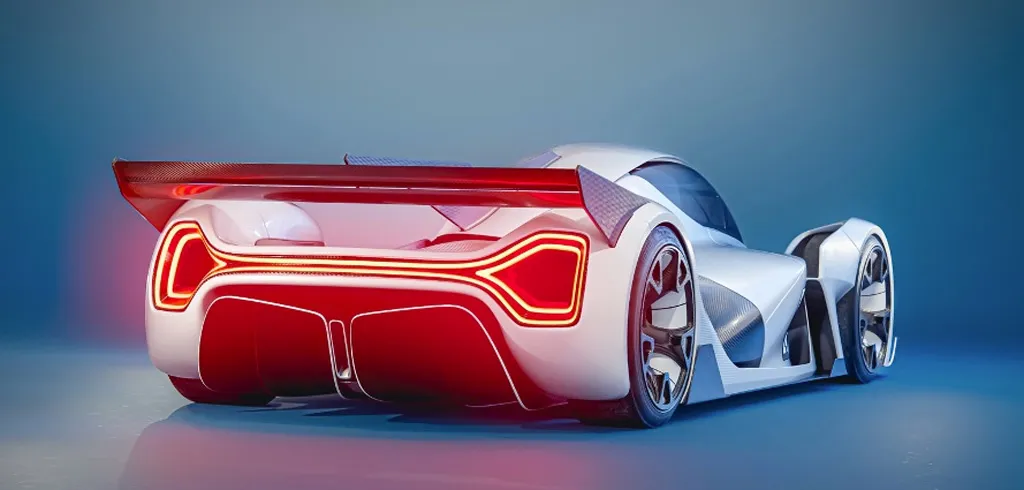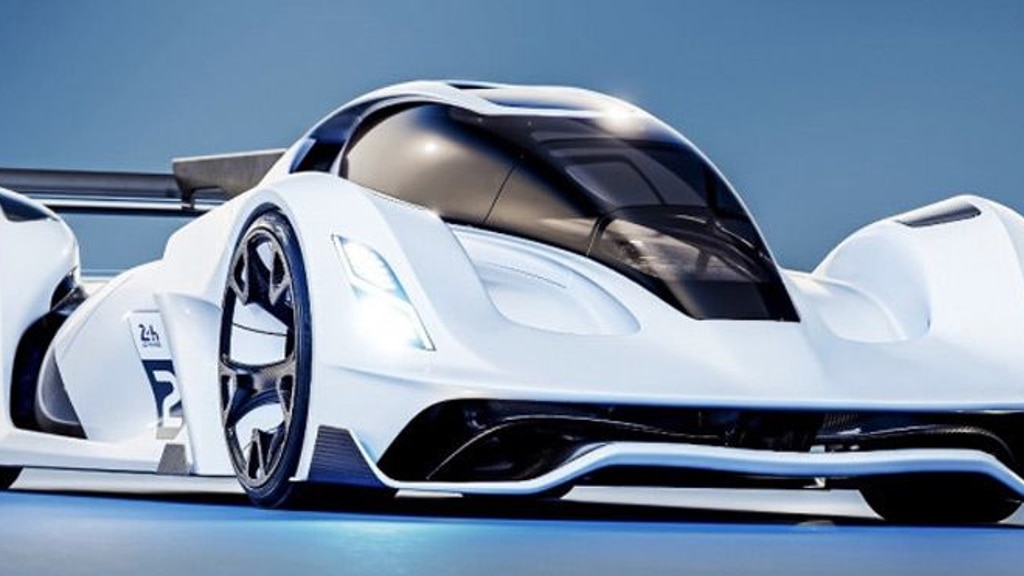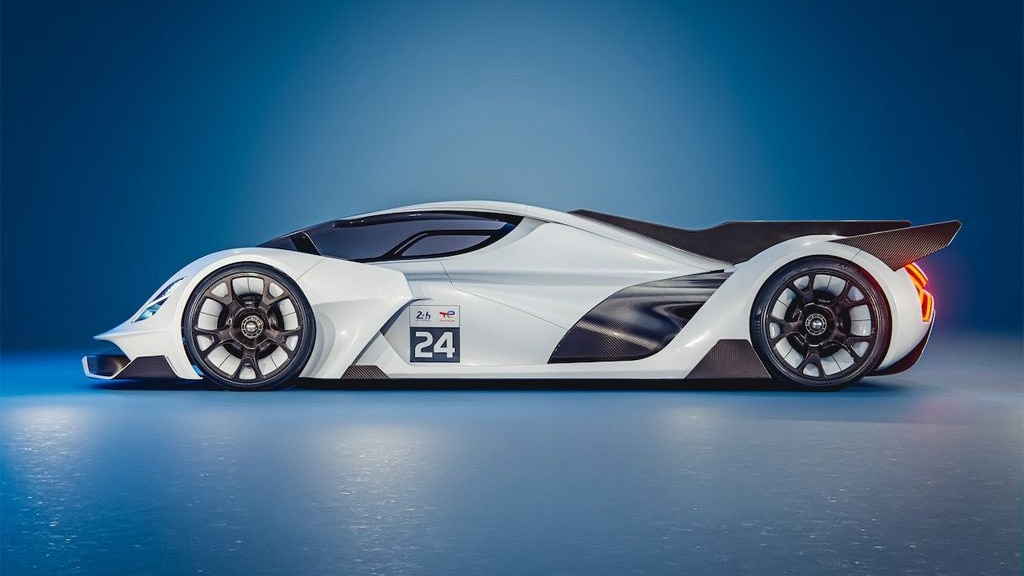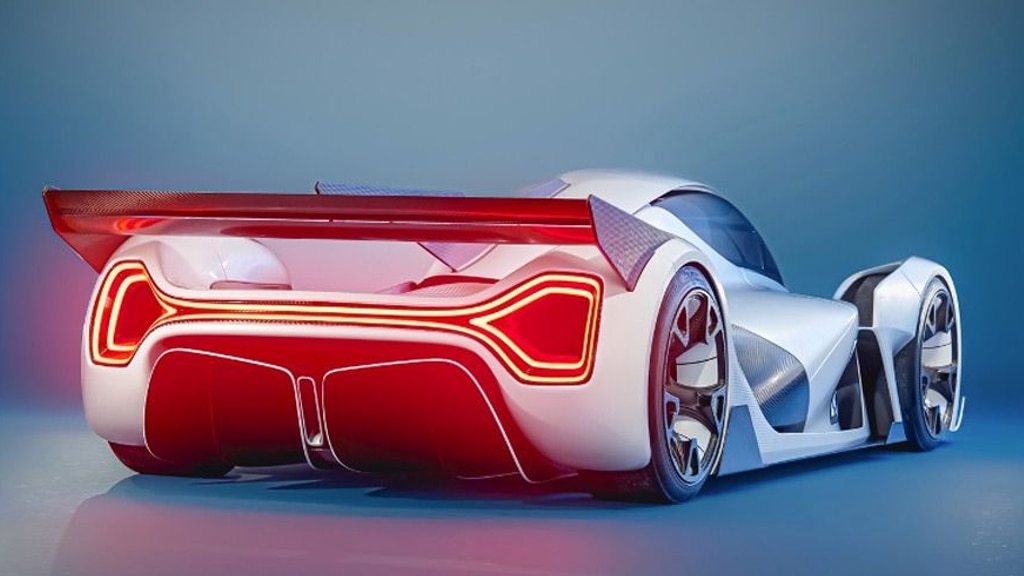The automotive world isn't just looking to curb carbon emissions for production cars. It's also trying to cut emissions on the racetrack.
Formula 1 has already announced plans to eliminate carbon emissions by 2026, via a switch to carbon-neutral synthetic fuels, commonly referred to as efuels.
The organizing group of the 24 Hours of Le Mans, the ACO, also wants to eliminate CO2. The ACO is looking at an alternative approach, hydrogen, which it also wants to introduce by 2026.
The ACO earlier this month revealed a concept for a hydrogen-electric sports prototype race car developed in partnership with H24Project, a consortium backed by industry players including French fuel giant Total Energies. The concept, known as the MissionH24, is being developed with a target weight of 1,300 kg (approximately 2,866 pounds) and a top speed of 199 mph.
A hydrogen-electric vehicle is essentially an EV that uses a hydrogen fuel cell instead of a battery to power an electric drive system. The fuel cell combines hydrogen with oxygen from the air in a nearly emission-free process that creates electricity. While this technology is being looked at for use in the trucking industry, the ACO is out to show that it can also be used for racing.

MissionH24 hydrogen-electric race car concept
For the MissionH24, a single electric motor rated at 871 hp powers the rear wheels. A pair of hydrogen tanks at the rear of the car feed a mid-mounted fuel cell. The generated electricity powers the motor but also charges a small lithium-ion battery, which weighs less than 180 pounds and delivers extra electricity to the motor during high-load situations.
It's still early in the process as assembly and track testing of the MissionH24's powertrain are scheduled to start next October. The first completed prototype is scheduled to follow in early 2025.
The ACO is also investigating the use of internal-combustion engines that run on hydrogen. When burning hydrogen, engines emit zero CO2 emissions. However, they do emit harmful nitrogen oxides that need to be treated using urea-based selective catalytic reduction like in modern diesel engines.
Toyota, a leading Le Mans contender, in June rolled out its own sports prototype race car concept fitted with an engine that runs on hydrogen.
Alpine, which also races at Le Mans, last year rolled out its own concept car with a hydrogen engine, and Porsche, the most successful automaker at Le Mans, has confirmed it is developing a hydrogen engine.



